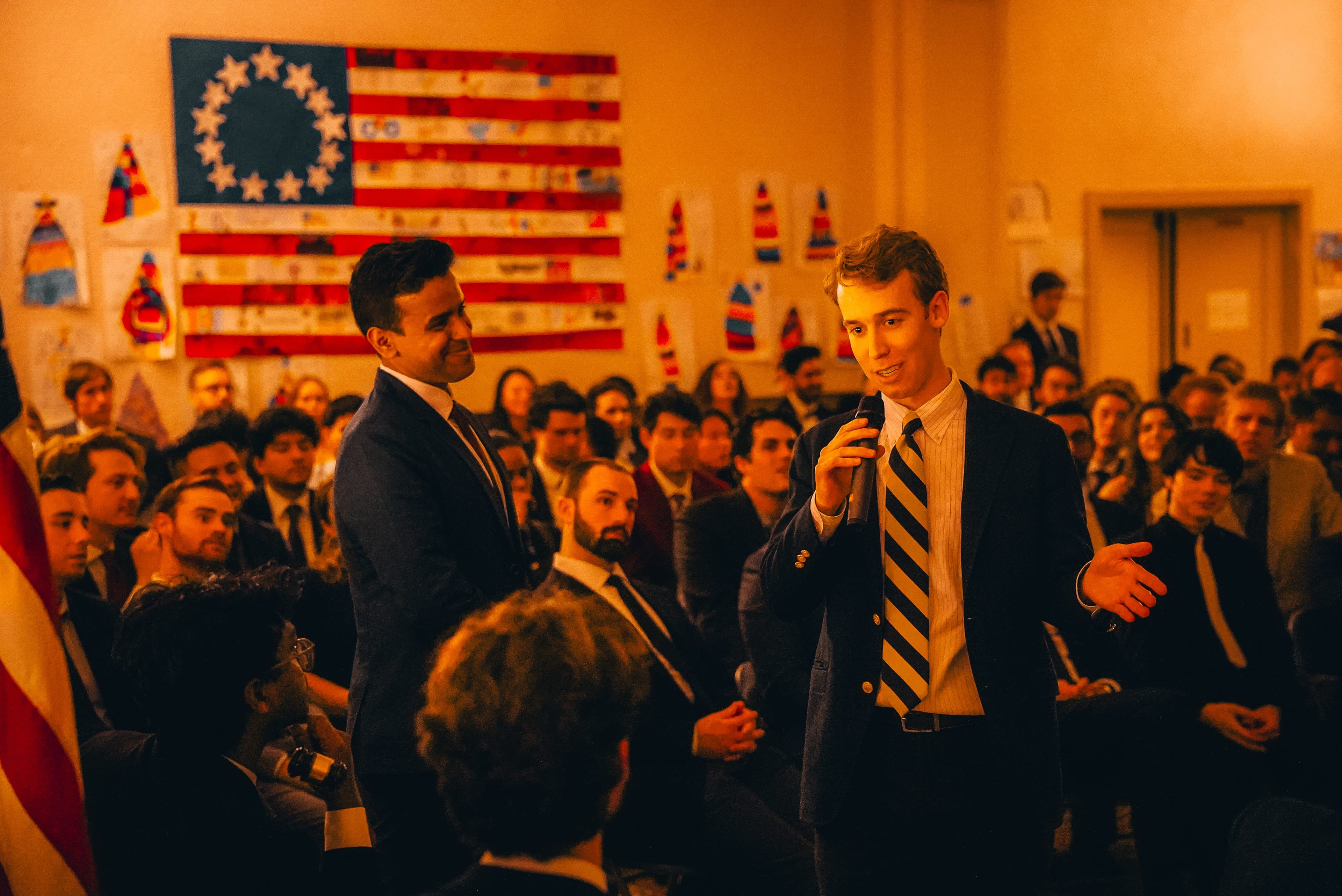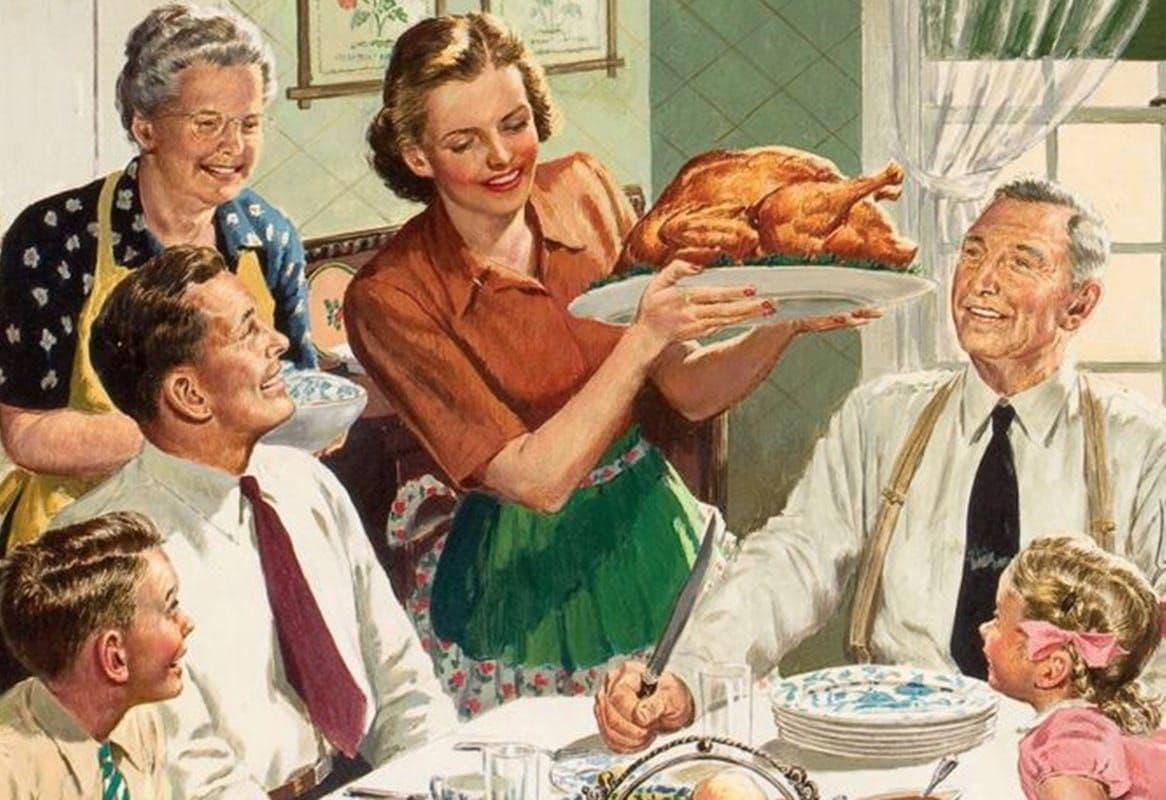
Meet the Secret Society Where Young Tech Debates the Future of the WestJan 30
the hamilton society, which hosts monthly debates inside a catholic church, is quickly becoming a cultural focal point in san francisco
Nov 22, 2023

Thanksgiving is an annual tradition, and since Trump’s election in 2016, this type of article has been too:
“Tips for Surviving Your Racist Family Thanksgiving” — Portland Mercury (2016)
“This Thanksgiving, Call Your Racist Uncle a “Racist” – The Texas Observer (2021)
“What To Do About Your Racist AF Uncle at Thanksgiving” – Huffpost (2018)
“How to Talk to Your Family About Racism on Thanksgiving” – Harper’s Bazaar (2019)
“It’s Your Responsibility to Challenge Bigoted Relatives Over the Holidays” – Teen Vogue (2019)
“Dear White Women: It’s Time to Say Something to Those Racist Family Members” — Katie Couric Media (2022)
These articles constitute an infuriating new genre of holiday literature, which I call “the anti-racist Thanksgiving.” Within this genre, the message is always the same: Your white ass can and should be a quarrelsome, sanctimonious little prick at Thanksgiving, you know, for black people. This idea is premised on two absurd and interconnected notions. The first is that your family is racist — or at least that your uncle is (this is a harmful stereotype, according to the Washington Post, because it erases the equally horrific racism of your aunt). The second is the idea that you can change your family’s racism by starting random conversations about how Christopher Columbus was a “destructive colonizer,” shaming, lectures, and storming out to spend the holiday in a hotel. Let’s start with the first idea since it's an assumption upon which the second rests.
So, are your relatives racist? Perhaps the best measure of actual racism we have in society is how a person would feel about welcoming a person of a different race into their family, something that would have been unthinkable — and illegal — within living memory (for boomers, anyway). When the Supreme Court struck down the anti-miscegenation laws of 16 states in 1967, less than 25% of Americans approved of interracial marriage, and a majority still disapproved until after 1995. As recently as 2008, nearly one in four Americans still disapproved of interracial marriage. Today, 94% of Americans approve.